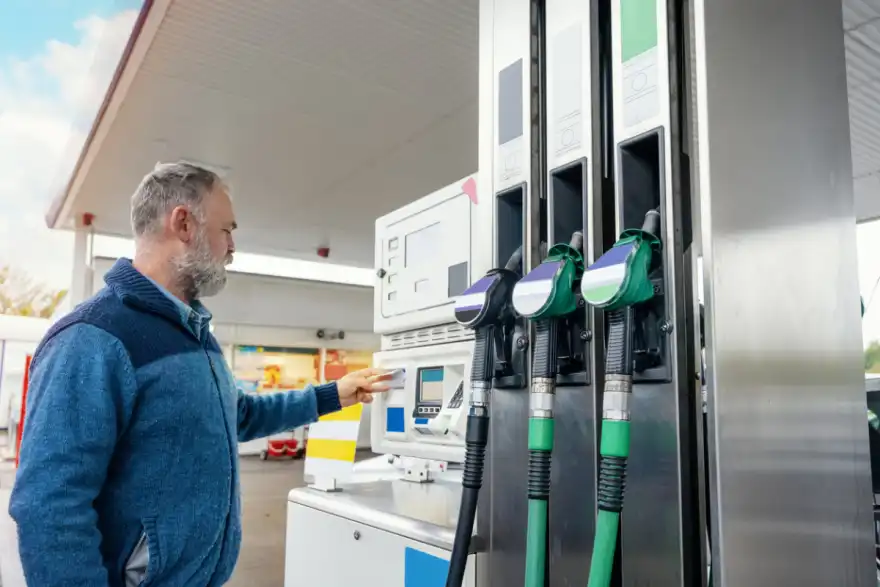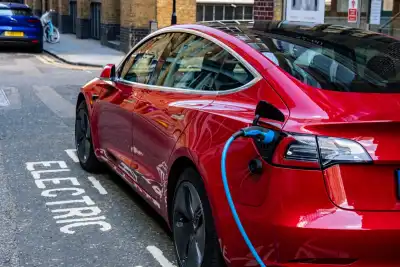
If you’ve visited a petrol station recently, you’ll likely have seen that the price of petrol and diesel has increased again in more recent months.
In fact, up until October, there had been four consecutive months of rising fuel prices, though the most recent data from the RAC Fuel Watch shows that there has been a slight dip in what drivers paid at the pumps in October.
According to the RAC, the average price for a litre of unleaded fell 2.6p from 157.12p to 154.53p, while the cost for a litre of diesel dropped by a penny to 161.4p. Though it looks positive, the organisation says that petrol ‘remains seriously overpriced’.
But what is set to happen towards the end of the year with fuel prices, and what has been causing the price of petrol and diesel to skyrocket in recent months? Let’s take a look.
What will happen to the prices of fuel later in the year?
Fuel prices are notoriously hard to predict, with so many external factors affecting the price you’ll pay at the pump.
As we’ve mentioned, petrol prices have continued to rise quite considerably in recent months, though the most recent dataset from the RAC shows that there has been a drop in October.
However, there have been warnings from petrol organisations that there could be shortages of fuel globally towards the end of the year. Because of this, and the continued volatility of the Russian conflict in Ukraine, it’s unlikely that there will be any significant cuts to the price of petrol and diesel by the end of the year.
What is causing fuel prices to increase?
The reason why the price of petrol and diesel has gone up is often due to supply and demand, but other issues, such as geopolitical factors, are also to blame, with the war in Ukraine, and many countries refusing to buy Russian oil, helping to see the cost of fuel rise in the past.
All of these factors impact the cost of crude oil, the core product before fuel is refined. When this is at its highest, it usually sees the price of petrol and diesel go up too, though increases and drops tend to happen over weeks and months rather than overnight, given fuel retailers often buy petrol and diesel in advance.
The other reason petrol and diesel have increased in recent months is the margins retailers have been giving themselves.
The Competition and Markets Authority (CMA) this week revealed a report which said that said drivers had been hit by significant increases in the margins that petrol stations were giving themselves – especially in the case of petrol, rather than diesel.
How can I reduce my fuel bills?
With the ongoing cost-of-living crisis, the last thing you probably want to face is your fuel bills also going up. There are some easy ways to reduce petrol and diesel running costs, though. Let’s take a look at some quick pointers.
1. Reduce your mileage
It might sound obvious, but if you’re looking to reduce your fuel bills, simply cutting back on the number of journeys you do will help. If you’re able to walk or cycle instead of doing short trips in the car, that is a good place to start.
Similarly, try and combine your journeys together so that you’re using your car less but to do more. It might mean planning ahead more, but it can bring a substantial cut to your motoring bills.
2. Consider a more efficient car
Changing cars isn’t the most practical or easiest step to reduce your fuel bills. However, if you’re currently driving something bigger than you need, or with a more powerful engine that uses more fuel, it could be worth looking to change to a vehicle that is smaller in terms of size and engine, which will help you to bring your bills down, though the cost to change might be more in the first instance.
3. Remove weight from the car
The more weight you have in your car, the more fuel it will use. We’re not saying you should cut back on the number of passengers you carry, but instead, think about reducing weight from the vehicle.
If your car’s boot is full, and the items aren’t needed, have a clear-out, and you could see some surprising benefits. If your vehicle also has a roof box or bike rack fitted, this will make it use more fuel, too, so it’s a good idea to remove such items when they are not in use.
4. Change your driving style
Another easy way of cutting your fuel bills is by making small changes to your driving style. Changing up gears earlier will make a big difference, as will be smoother with your inputs, both of the accelerator and brake pedal.
Looking further ahead on the road is the best advice, as it will let you react to situations ahead of time, both improving your safety on the road, but also potentially your fuel economy as well.


